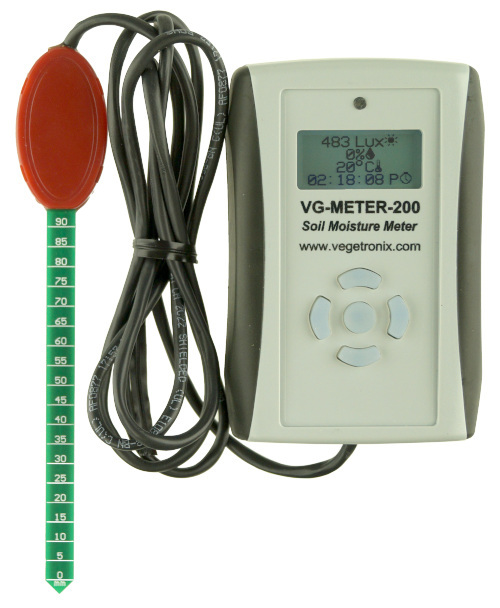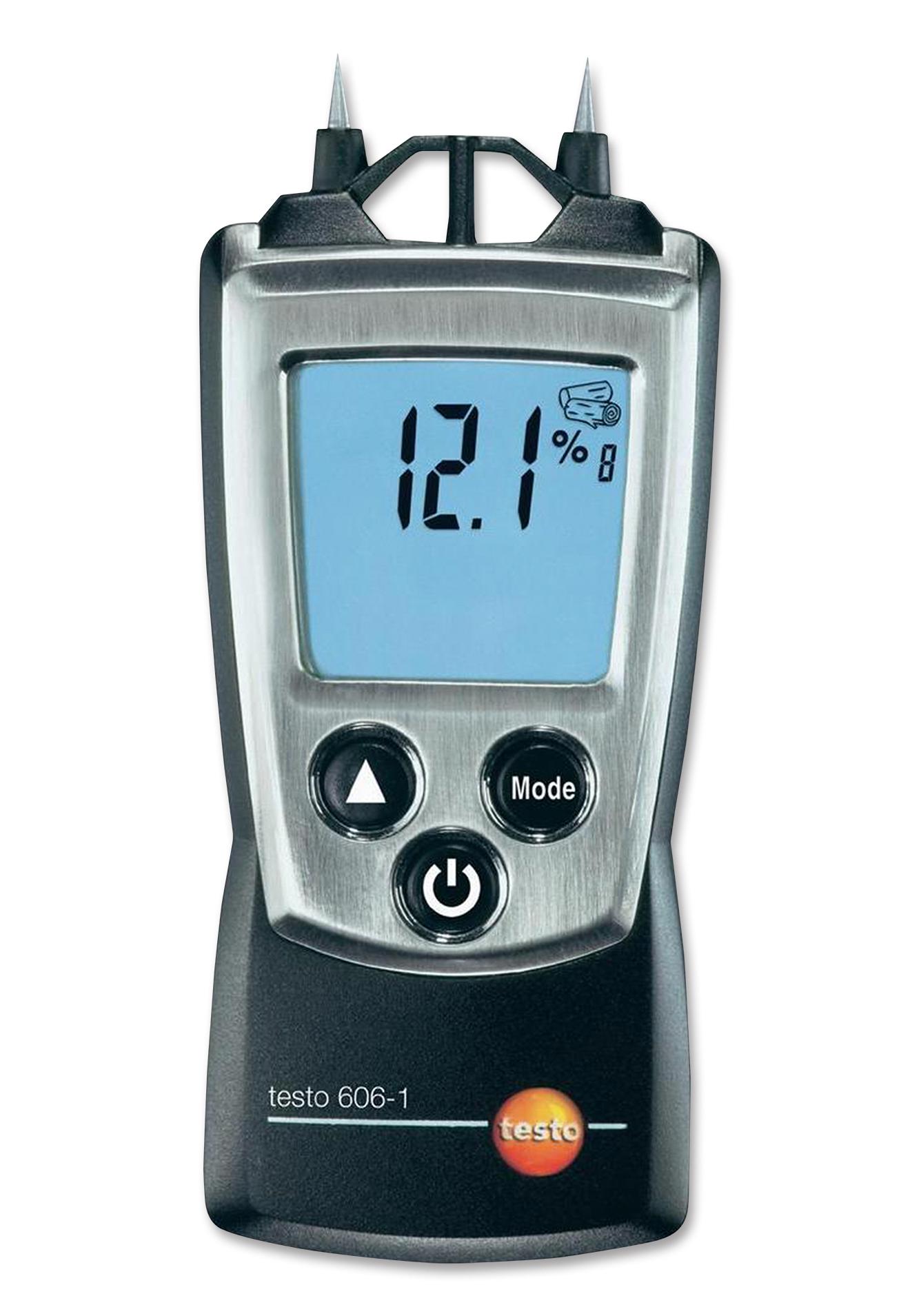The Ultimate Guide to Moisture Meters: A Comprehensive Overview and Exactly How They Can Save You Cash
In the realm of building maintenance, building and construction, and various sectors, the importance of properly gauging wetness levels can not be overemphasized. Dampness meters work as crucial devices in discovering and keeping track of moisture content in products, assisting in stopping costly problems and making sure the quality of items. Recognizing the nuances of different kinds of moisture meters, their applications, and the possible cost-saving benefits they use can be a game-changer for specialists and companies alike. Uncovering exactly how these devices can not just improve procedures however additionally contribute to financial cost savings is a journey worth starting.
Kinds Of Moisture Meters
One typical kind is the pin-type moisture meter, which measures the electric resistance in between two pins inserted into a product. Pinless wetness meters, on the other hand, usage electromagnetic sensor plates to scan a larger location without creating damages to the product's surface.
Infrared wetness meters measure the thermal homes of a material to determine its moisture content non-invasively, making them valuable for applications where pin or pinless meters might not be appropriate. Understanding the different kinds of dampness meters offered can help sectors pick the most proper tool for their specific dampness dimension needs.

Advantages of Utilizing Moisture Meters

Moreover, using moisture meters can lead to increased power effectiveness. In agricultural settings, moisture meters play an important role in optimizing plant returns by allowing farmers to keep track of soil moisture degrees and make notified irrigation decisions.
Just How to Select the Right Moisture Meter
Choosing the proper moisture meter entails thinking about essential factors such as product compatibility, dimension range, and calibration precision. When selecting a moisture meter, it's necessary to make certain that the meter appropriates for the particular material you will certainly be testing. Various materials have differing electrical buildings that can impact moisture analyses, so selecting a meter made for your material is crucial for precise results. In addition, think about the dimension variety of the dampness meter. Ensure that the meter can detect moisture degrees within the variety needed for your applications. Calibration accuracy is another important factor to bear in mind (Moisture Meter). Go with a wetness meter with dependable calibration to ensure constant and specific readings. Some meters may call for periodic calibration modifications, so understanding the calibration process is necessary. By thoroughly examining these variables, you can pick a wetness meter that meets your requirements and supplies exact moisture measurements for your projects.
Appropriate Methods for Moisture Meter Use
To ensure accurate wetness click for info analyses and optimize the effectiveness of a wetness meter, utilizing correct strategies is essential. When using a pin-type wetness meter, put the pins or probes into the material being examined till they make complete call. Make sure the pins are vertical to the surface area to obtain one of the most exact analysis. For pinless wetness meters, hold the device level against the product and move it slowly to cover the entire location for an average reading. It's important to calibrate the wetness meter according to the material being tested to improve precision. Take numerous analyses across the surface and average them out for a more reputable result. Furthermore, guarantee that the material being tested is adjusted to the environment to avoid skewed analyses. Normal upkeep of the wetness meter, such as cleaning the pins or sensing unit, is additionally crucial to make sure constant and accurate readings. By following these proper techniques, users can count on their wetness meter to offer reliable wetness levels, assisting in protecting against expensive damage or ensuring go to website top quality in various applications.

Price Cost Savings Via Moisture Meter Applications
How can the tactical use of dampness meters lead to substantial cost savings across different markets? In the farming sector, dampness meters help in determining the optimal time for harvesting crops, avoiding over-drying or excess wetness that can affect the final item's high quality.

In addition, in the food handling sector, wetness meters are necessary for checking item high quality and making sure conformity with safety and security laws. By properly determining wetness content in foodstuff, manufacturers can protect against spoilage, keep quality, and minimize waste, resulting in significant price financial savings. Generally, the calculated application of try this website wetness meters is an important investment that can bring about significant expense reductions and boosted effectiveness across numerous markets.
Final Thought
In conclusion, wetness meters are beneficial tools for determining and detecting wetness degrees in various materials. By using the appropriate moisture meter and following appropriate strategies, customers can efficiently protect against expensive damages caused by excess dampness.
Dampness meters offer as vital devices in spotting and keeping an eye on moisture web content in products, aiding in avoiding expensive damages and making sure the top quality of items. Infrared dampness meters measure the thermal buildings of a product to establish its dampness web content non-invasively, making them useful for applications where pin or pinless meters may not be suitable.Moisture meters provide vital benefits in precisely examining and keeping an eye on dampness degrees in diverse products and environments. In farming settings, moisture meters play a crucial function in enhancing crop returns by making it possible for farmers to monitor dirt dampness levels and make informed watering choices.In final thought, moisture meters are valuable devices for identifying and gauging moisture levels in various products.